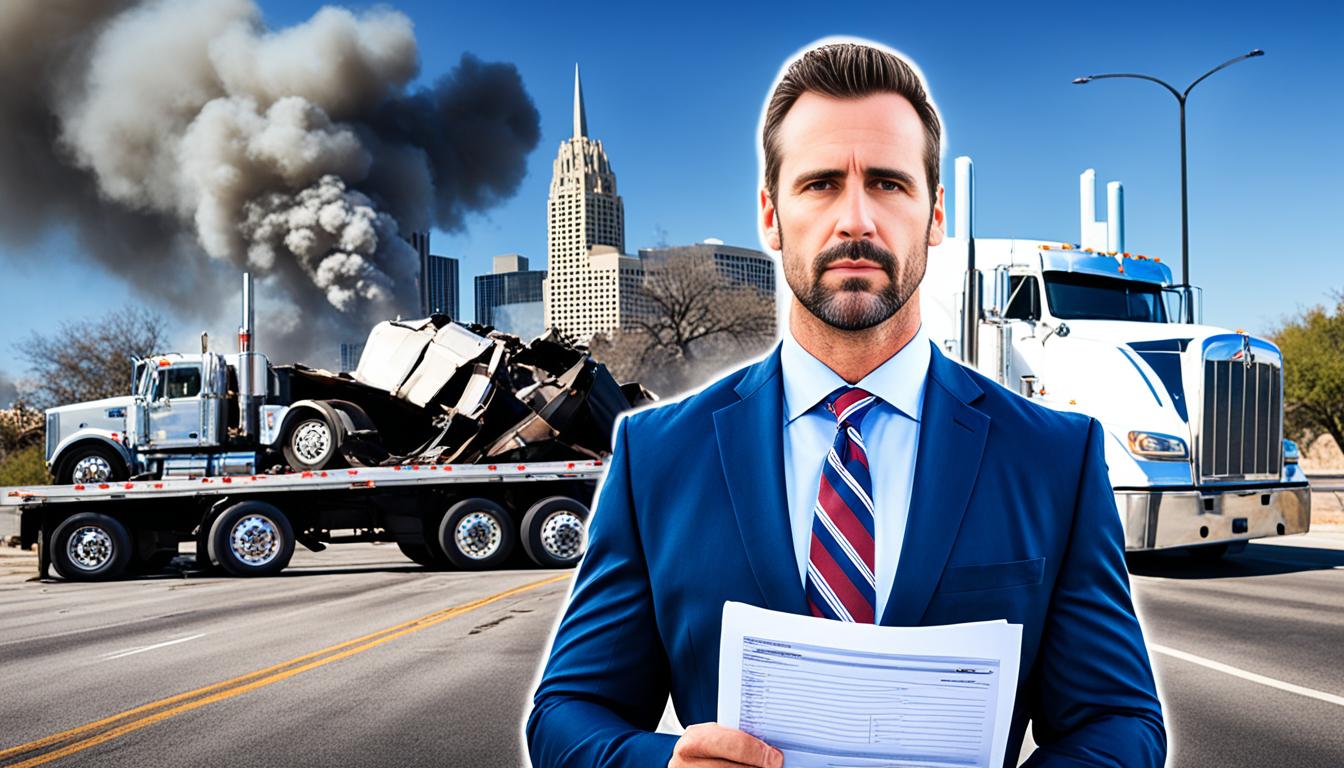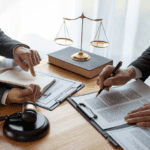Finding the right lawyer can feel overwhelming, but it’s key to getting a good result. Whether you’re facing a criminal charge, dealing with a personal injury, or need legal advice for a business, picking a skilled and trustworthy lawyer is vital. This guide will help you find the right legal help for your situation and protect your interests.
Key Takeaways
- Understand the different types of lawyers and their areas of expertise
- Assess a lawyer’s qualifications, experience, and track record
- Evaluate the attorney’s communication skills and client-centric approach
- Consider the fees and payment structure to ensure affordability
- Prioritize finding a lawyer who can provide personalized legal counsel
Understanding the Types of Lawyers
When you need legal help, knowing the different types of lawyers is key. Criminal defense attorneys and personal injury lawyers are two main types you might come across.
Criminal Defense Attorneys
Criminal defense attorneys help people who are accused of crimes. They work on cases from small crimes to serious ones. Their job is to make sure their clients’ rights are protected and get a fair trial.
They know a lot about criminal law and how courts work. They create a defense plan that fits each case’s details.
Personal Injury Lawyers
Personal injury lawyers deal with cases where someone was hurt by someone else’s mistake. They help clients get money for things like medical bills, lost wages, and pain. These lawyers know about different kinds of injuries, like from car accidents or falls.
It’s important to pick the right lawyer for your case. Each lawyer has special skills and experiences. Knowing what criminal defense lawyers and personal injury lawyers do can help you choose the best one for you.
| Lawyer Specialization | Key Focus Areas | Typical Cases |
|---|---|---|
| Criminal Defense Lawyer | Protecting the rights of individuals accused of criminal offenses | Misdemeanors, felonies, constitutional rights violations |
| Personal Injury Lawyer | Seeking compensation for damages caused by negligence or wrongful actions | Car accidents, slip-and-fall incidents, product liability, medical malpractice |
“The right lawyer can make all the difference in the outcome of your case.”
Knowing what criminal defense lawyers and personal injury attorneys do helps you find the right lawyer for you.
Lawyer Qualifications and Experience
When looking for a lawyer, it’s key to check their qualifications and experience. These things show if an attorney can handle your legal issue well. Let’s look at what makes a lawyer’s credentials and expertise stand out.
Legal Education and Licensing
A lawyer’s education is a big part of their qualifications. Lawyer credentials usually include a Juris Doctor (J.D.) degree. This is the main degree needed to practice law in the U.S. Lawyers also need a license to work in their state or area. This license makes sure they know enough to give good legal advice.
Professional Experience
How long a lawyer has been working is also very important. Lawyers with lots of legal expertise in certain areas, like criminal defense or personal injury, are often best for your case. Look for lawyers who have a lot of experience, have won cases like yours before, and have a good record of helping clients.
| Lawyer Credentials | Description |
|---|---|
| Juris Doctor (J.D.) Degree | The standard educational requirement for practicing law in the United States. |
| State Bar Licensing | Lawyers must obtain a license to practice law in the state or jurisdiction where they will be representing clients. |
| Specialized Certifications | Some lawyers may hold additional certifications or credentials in specific practice areas, such as criminal law or personal injury. |
| Years of Experience | The number of years a lawyer has been practicing law and handling similar cases can be an indicator of their expertise. |
Looking at a lawyer’s legal education and professional experience helps you see if they’re right for you. Doing your homework can make sure you pick the best lawyer for your case.
How to Evaluate a Lawyer
Choosing the right lawyer is key to protecting your legal rights. It’s important to check their communication skills and know their fees. Good communication is vital for a strong partnership with your lawyer. It makes sure your needs and worries are heard and dealt with.
Communication Skills
Focus on how the lawyer listens and talks during your first meetings. A good lawyer will take time to get to know your situation. They should explain legal terms simply and keep you updated. Look for someone who is patient, answers your questions, and cares about your concerns.
Fees and Payment Structure
It’s crucial to understand a lawyer’s fees and how you’ll pay. Ask about their hourly rate, any initial fees, and how you can pay. Also, find out about extra costs like court fees or fees for expert witnesses. Knowing the costs helps you make a smart choice and avoid surprises later.
FAQ
What are the different types of lawyers I can choose from?
You can choose from many types of lawyers, like criminal defense attorneys and personal injury lawyers. Each lawyer specializes in a specific area of law. They have the expertise you need for your legal issues.
What qualifications should I look for in a lawyer?
Look for a lawyer with a good education, the right licenses, and certifications. Also, check their experience in their field. These things show they can handle your case well.
How can I assess a lawyer’s communication skills?
Good communication is key in a lawyer-client relationship. Notice how they explain legal terms and answer your questions. They should keep you updated and involve you in decisions.
What should I know about a lawyer’s fees and payment structure?
It’s important to know how a lawyer charges you. Ask about their hourly rates and any extra costs. Make sure you can afford their services by discussing payment plans or contingency fees.
How can I ensure that I find the right lawyer for my legal needs?
To find the right lawyer, research and compare different options. Think about their expertise, qualifications, and how they communicate. Meet with them to see if you work well together. This way, you’ll have a good chance of a positive outcome.







